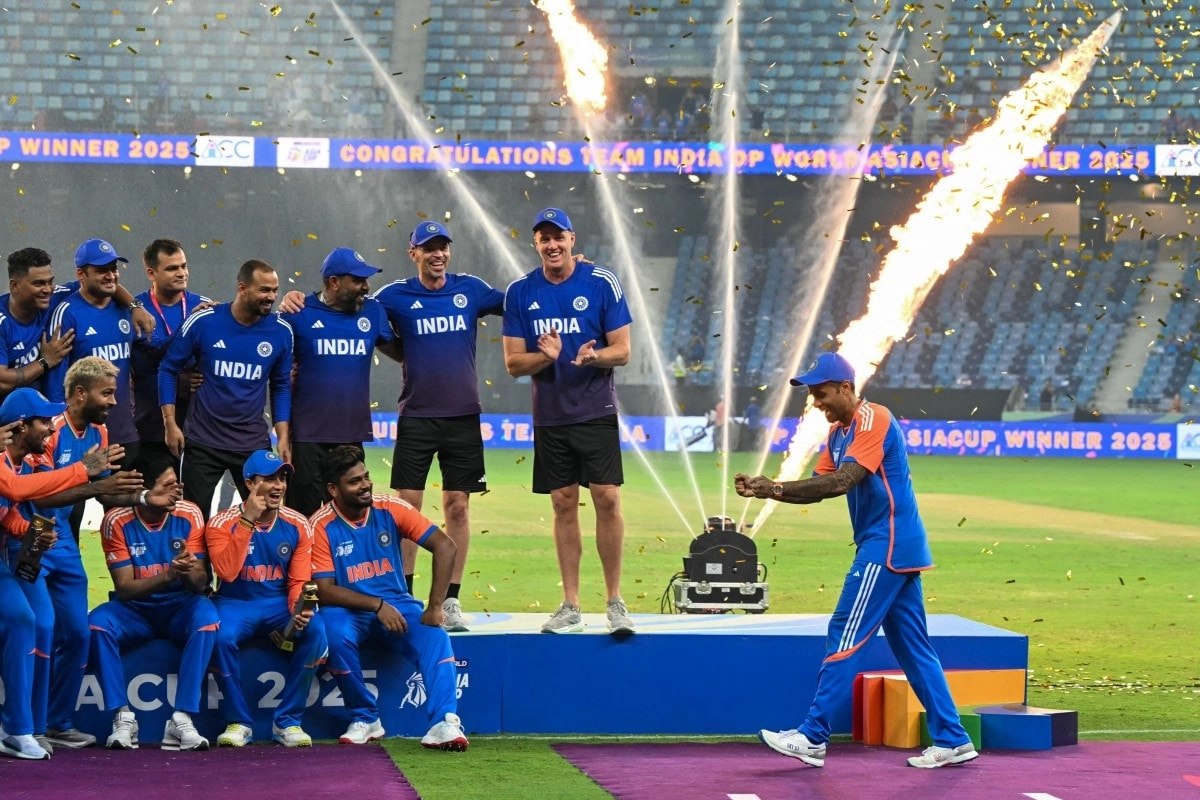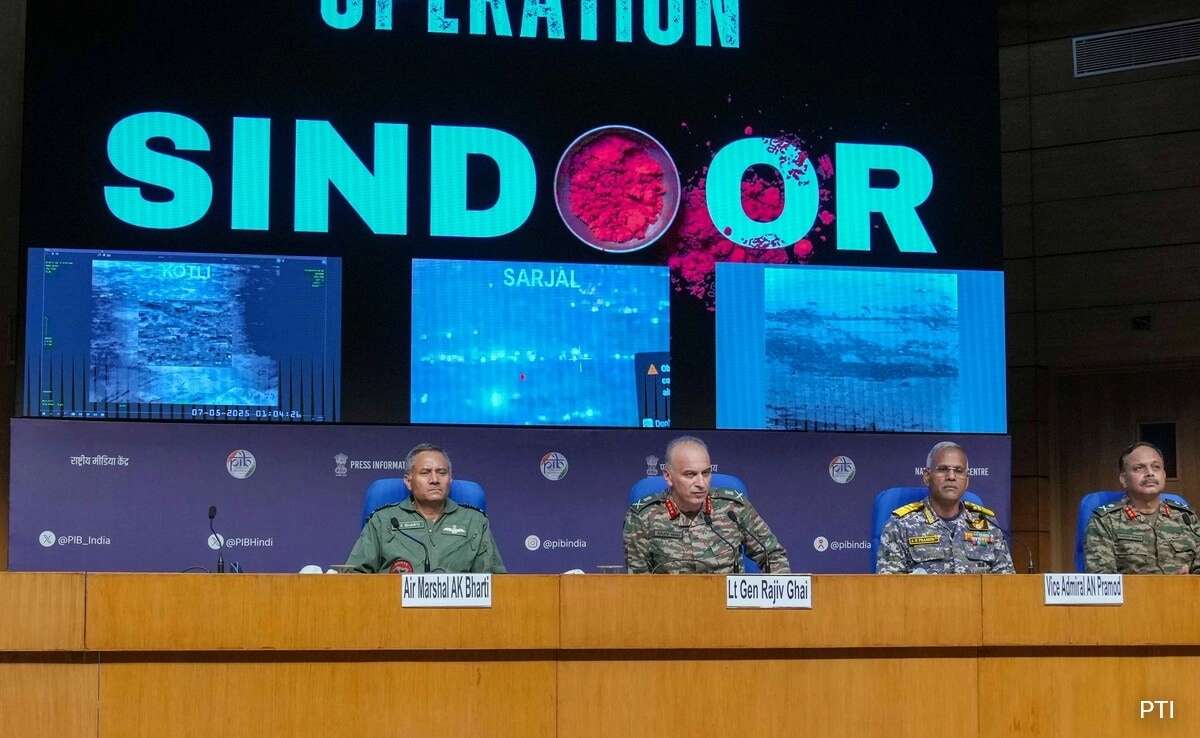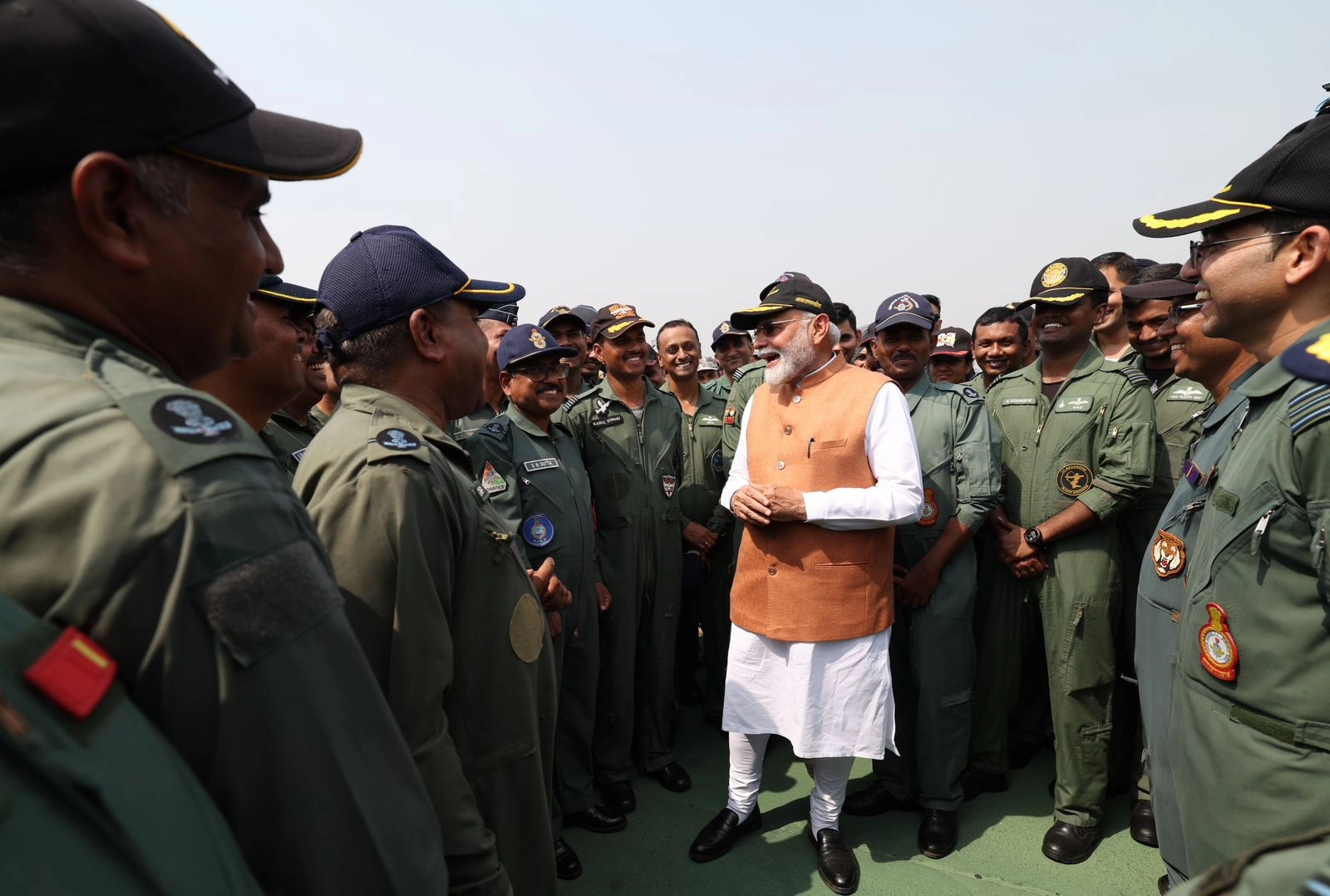The Asia Cup final witnessed a dramatic turn of events that captured the attention of cricket fans and spectators alike when the Indian cricket team declined to accept the trophy from a Pakistani minister. The match, which was highly anticipated, not only showcased the prowess of both teams on the cricket field but also highlighted the underlying political tensions between India and Pakistan. As the final moments of the game unfolded, the atmosphere was charged with excitement, but the post-match award ceremony took an unexpected twist that left many in shock.
As the winning team was announced, the Indian players were expected to step forward to receive their trophy from the designated Pakistani minister. However, in a surprising move, the Indian team opted to reject the gesture, citing concerns over the political implications and the ongoing strained relations between the two nations. This decision sparked a wave of discussions on social media and among cricket analysts, with many debating the intersection of sports and politics. Some praised the Indian team’s stance as a principled stand against political interference in sports, while others criticized it as an unnecessary escalation of tensions.
The refusal to take the trophy not only drew attention to the ongoing rivalry between the two cricketing nations but also raised questions about the role of sportsmanship and diplomacy in international sports. The Asia Cup, a tournament designed to promote camaraderie among Asian countries through cricket, was overshadowed by this incident, highlighting the complexities of relationships in the region. Fans and pundits alike were left to ponder the impact of such actions on future sporting events and the potential for cricket to serve as a bridge between nations rather than a battleground for political issues.
As discussions continued in the aftermath of the final, it became clear that the incident would have lasting implications for cricketing ties between India and Pakistan. The Asia Cup is traditionally seen as an opportunity for both nations to come together and celebrate their shared love for the sport, but the refusal to accept the trophy underscored the challenges that still exist. In a sport that often unites fans across borders, this moment served as a reminder of the complexities that can arise when national pride and political tensions intersect with the world of sports.




